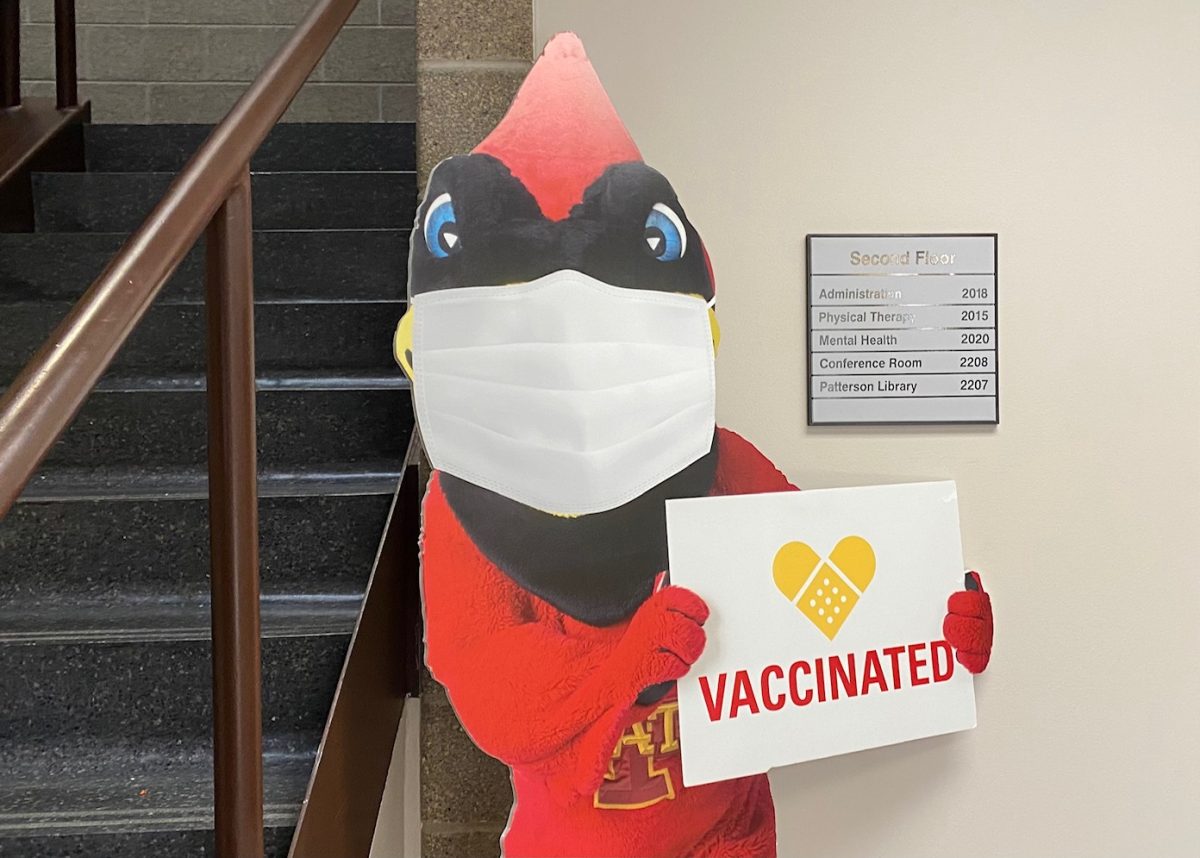Former ISU graduate makes $211,000 gift challenge toward ETRC
October 12, 1998
John Selby, retired chairman of SPS Technologies Inc. in Jenkinstown, Pa. and a 1956 Iowa State graduate, made a $211,000 challenge gift toward the ISU’s Engineering Teaching and Research Complex (ETRC).
“We certainly appreciate the generosity of John’s donation and also the generosity of others who donate,” said Dave Holger, associate dean of the College of Engineering.
With his donation, Selby challenged ISU to raise a total of $61 million for the ETRC.
So far, money has been obtained from state, federal and private funds.
Lance Cavanaugh, executive director of development in the College of Engineering, said about $29 million has been raised by private contributions, $31.9 million by state appropriations and $1.5 million by federal contributions.
“Good things happened to me in my working career as a result of the [ISU] engineering college,” said Selby, former president and CEO of SPS Technologies. “My donation is a challenge to meet the $61 million mark and to create awareness and cause people to look forward to the project.”
The College of Engineering consists of two complexes.
Construction began in fall 1997 on phase I, named after Stanley and Helen Howe who made a lead gift for the project. Construction on Howe Hall is scheduled to be completed in fall 1999.
Phase II, which is located by the campus water tower, is scheduled to begin construction in fall 1999 with completion projected to be in late 2001.
“[When completed], the ETRC will be used for a number of academic programs, it also will include high-tech classrooms and equipments, lecture halls, research labs and a C2 virtual reality room,” Cavanaugh said.
Holger said the facility will be useful to many people.
“It is apparent that this facility will be important to ISU students, faculty, alumni and its corporate partners,” Holger said.
Selby said the ETRC will have a positive effect on ISU.
“It will put ISU in a leadership position with the ability to have the facilities to permit the latest concepts,” he said.






